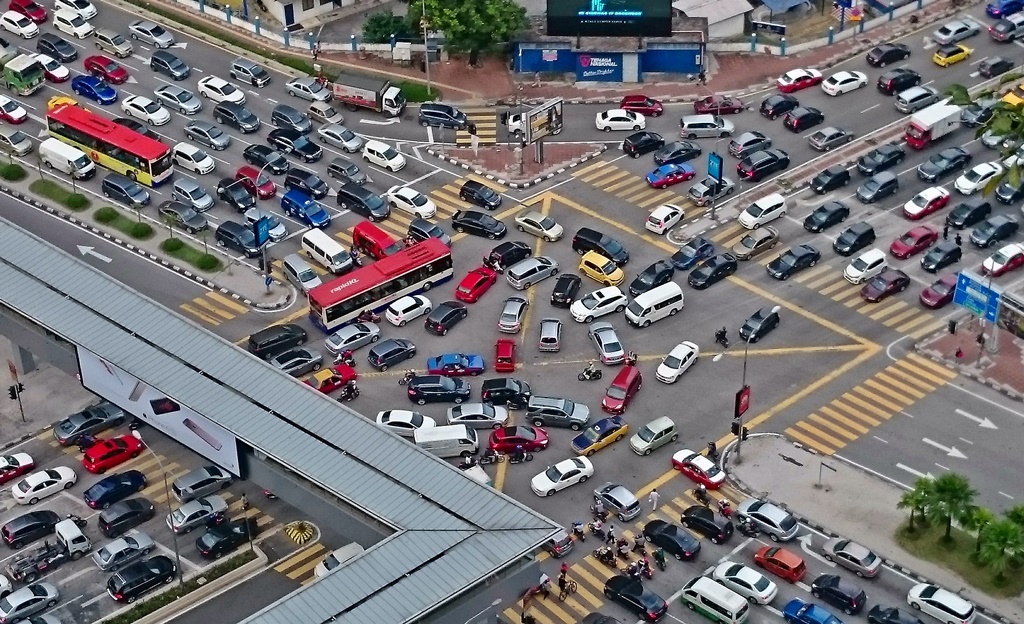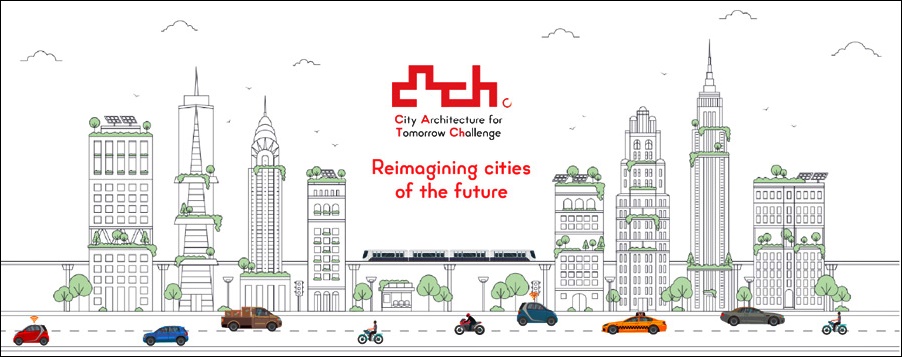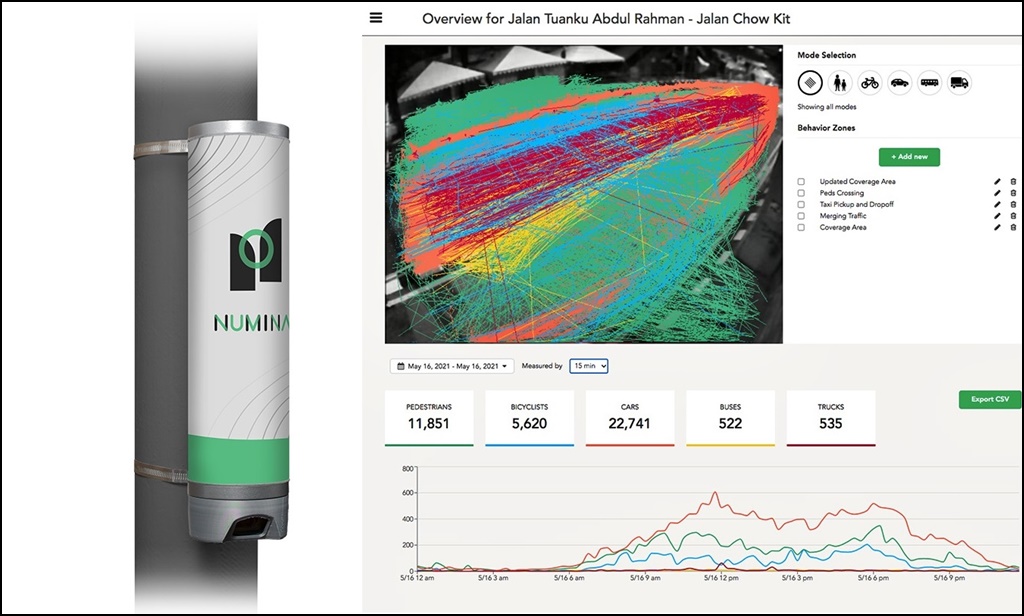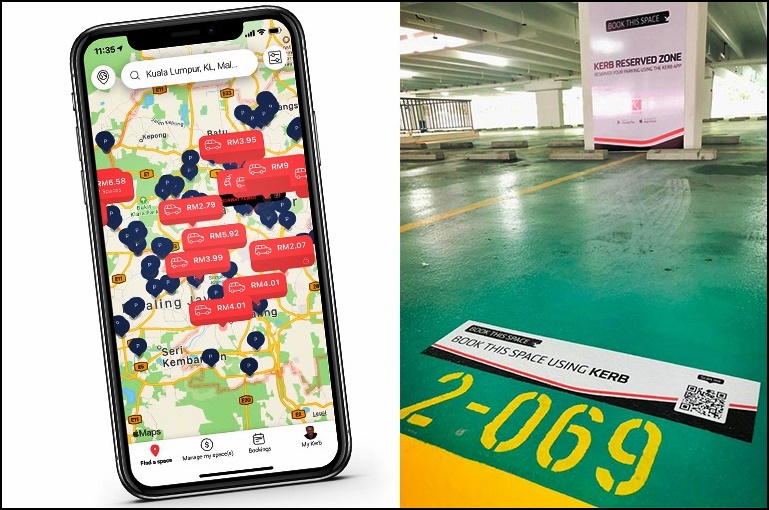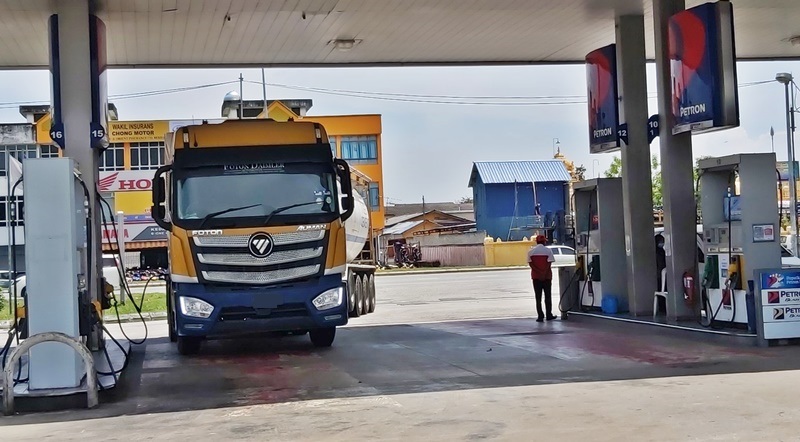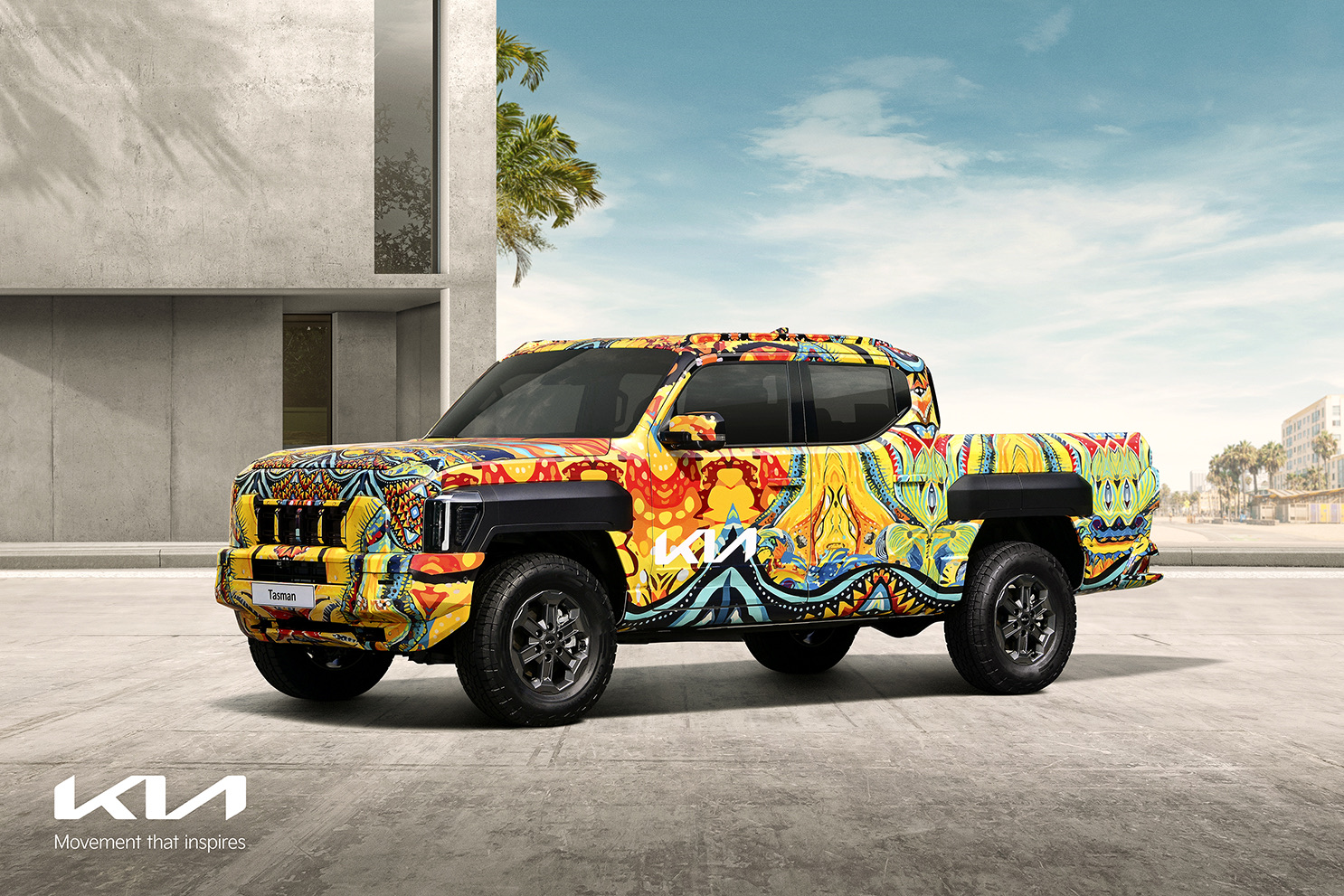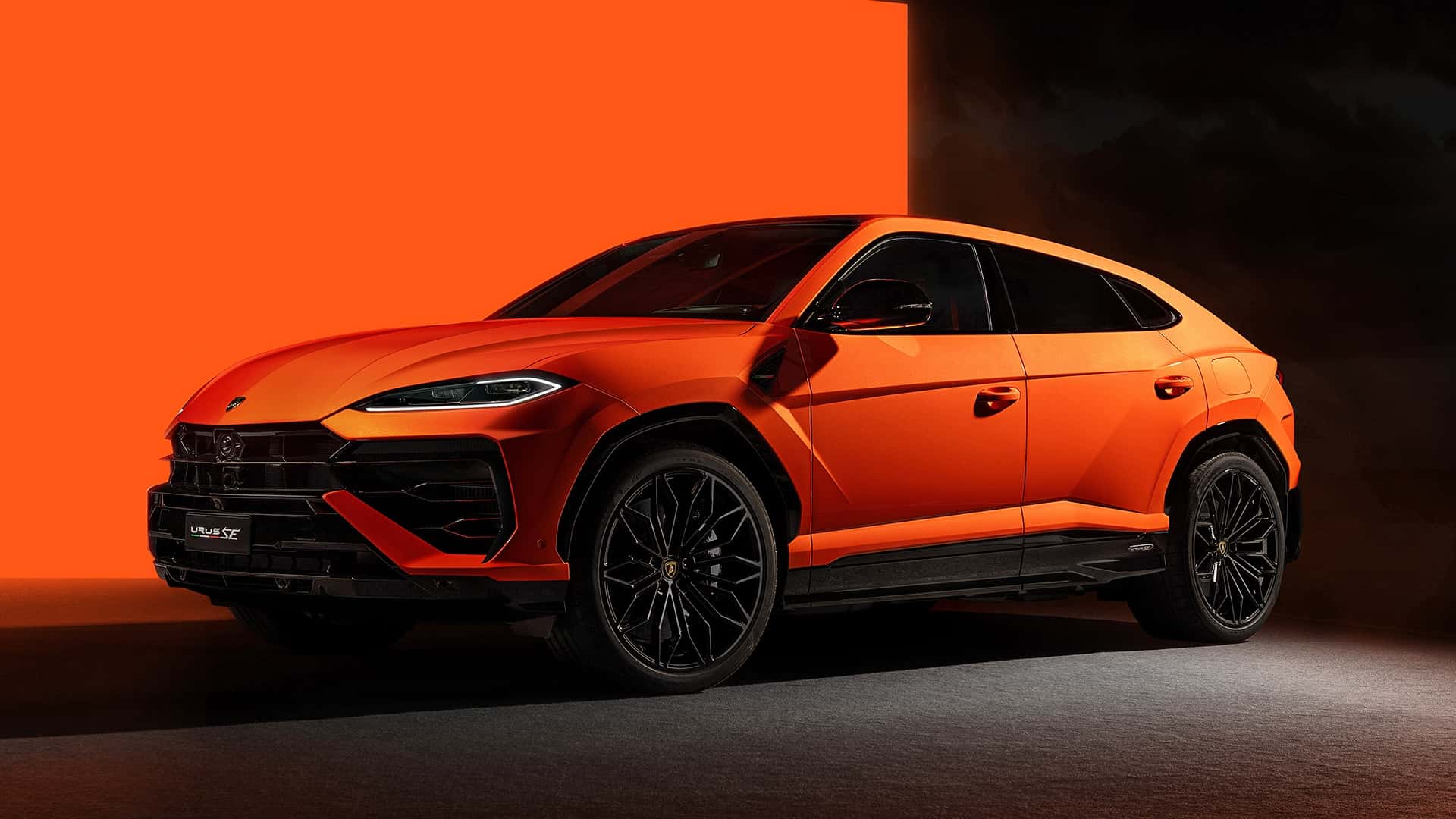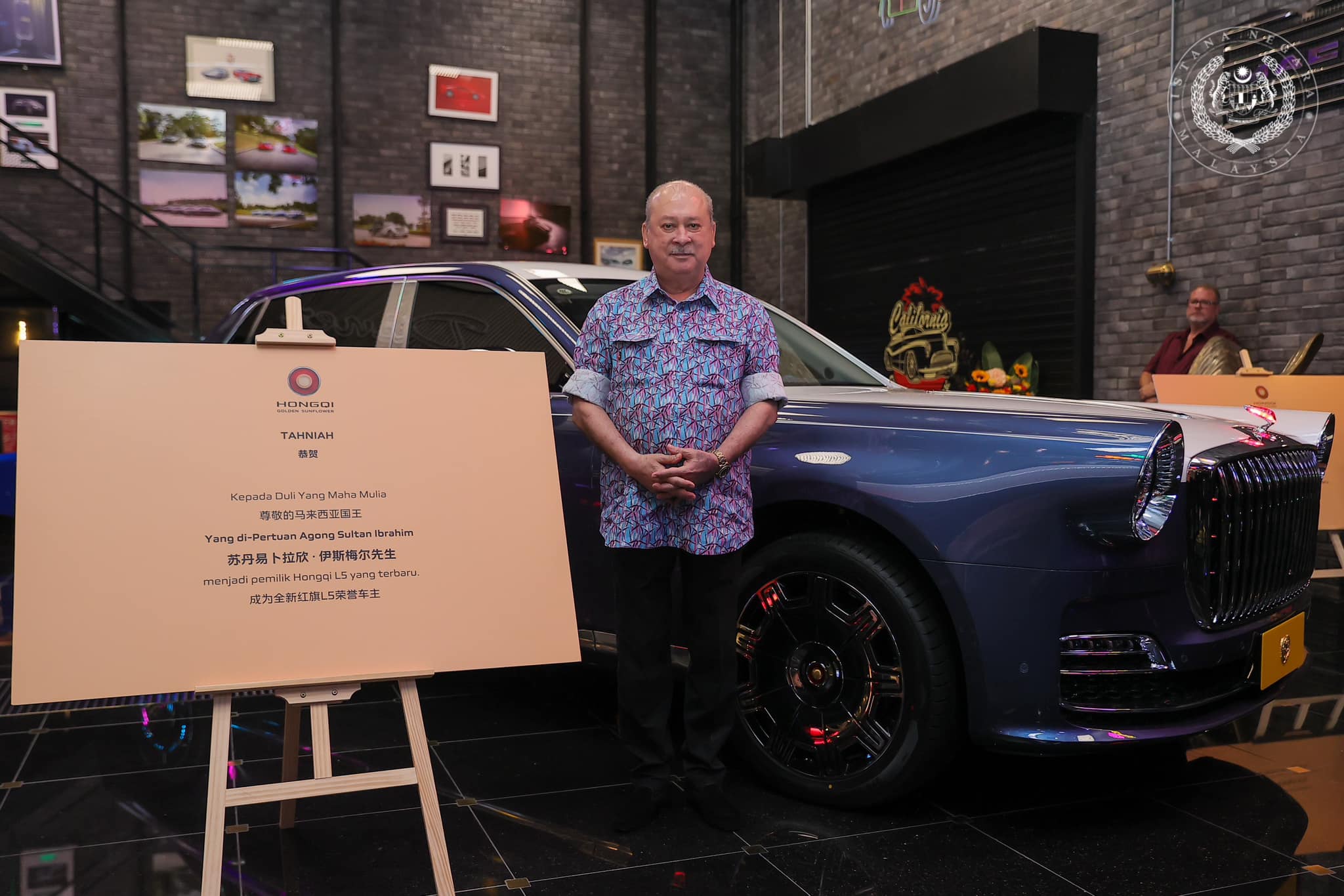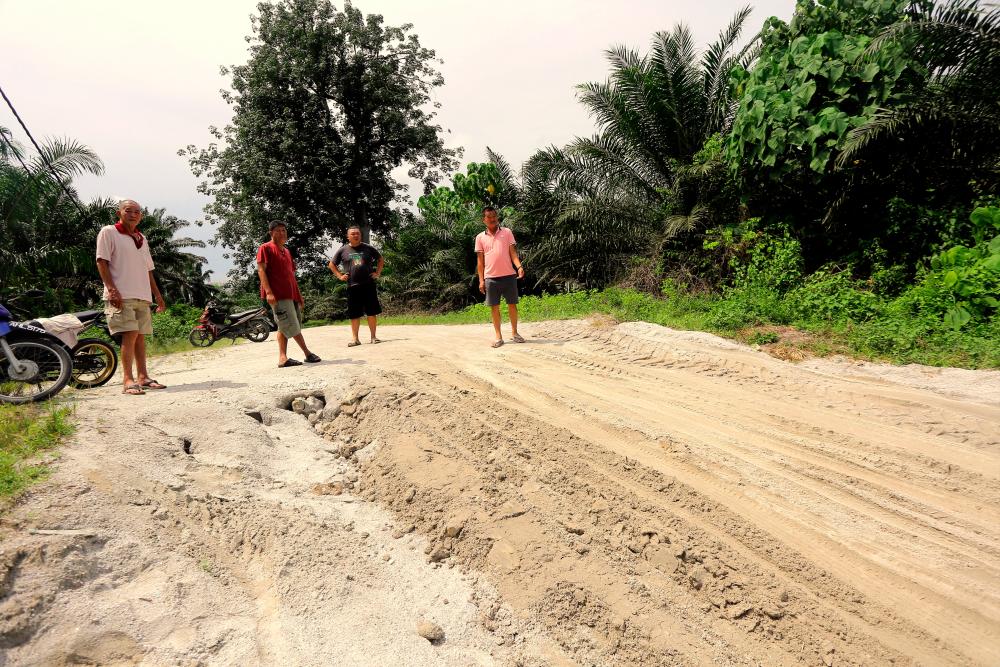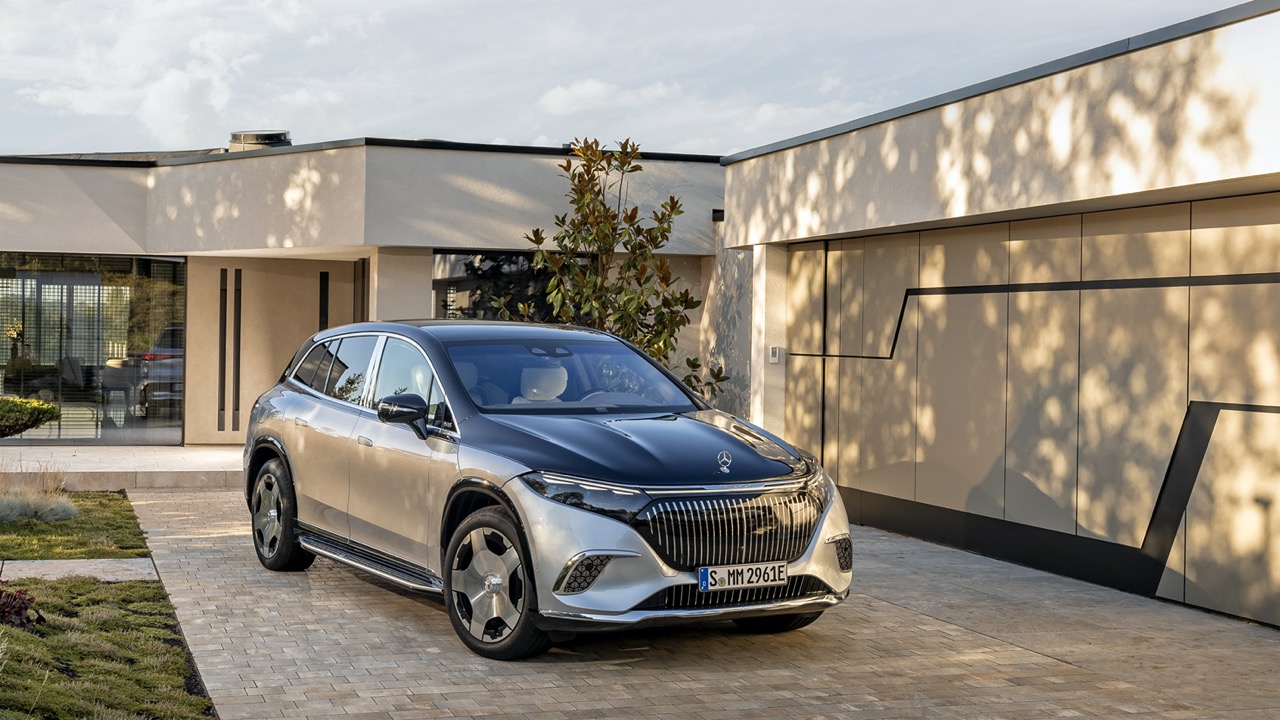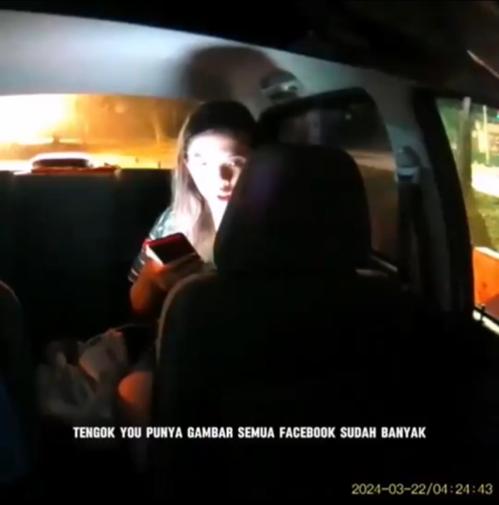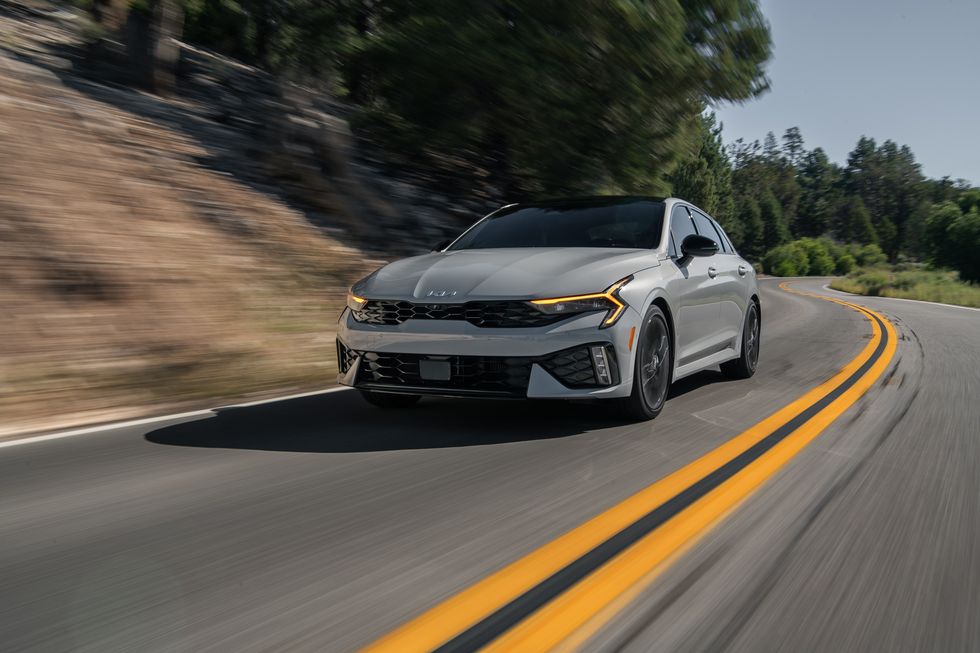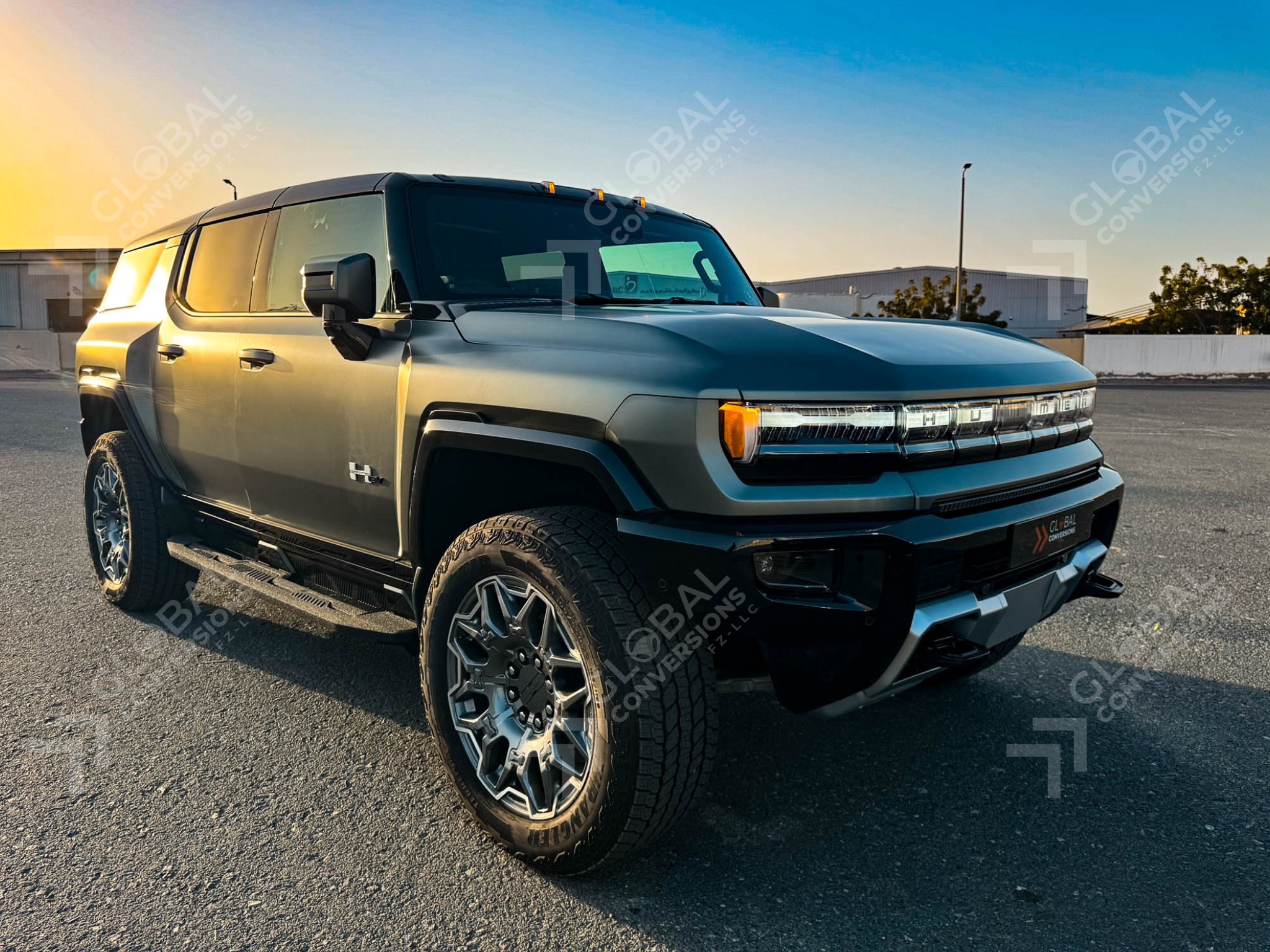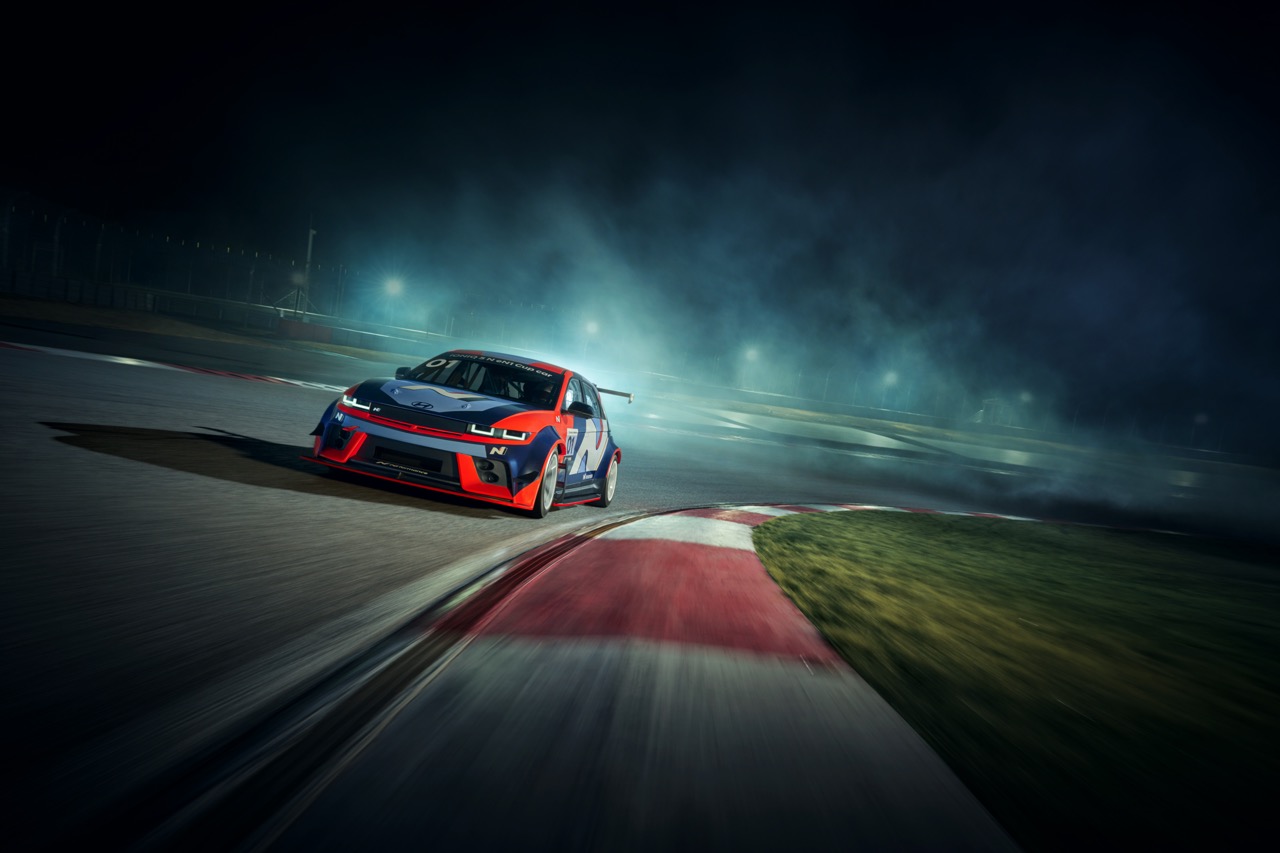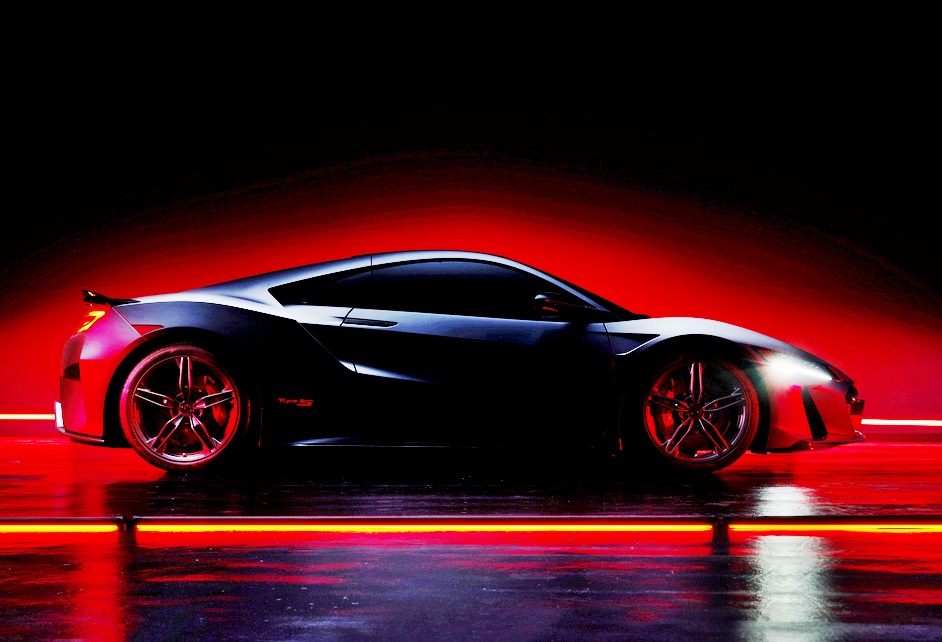While Toyota Motor Corporation is best known for developing, manufacturing and selling motor vehicles, its scope of business has expanded widely over the decades. Many of the businesses and activities are directly or indirectly related to transportation and mobility, and among them is the Toyota Mobility Foundation (TMF). Established in August 2014, it supports the development of a more mobile society utilizing Toyota’s expertise in technology, safety, and the environment.
Last year, TMF launched the City Architecture for Tomorrow Challenge (CATCH)with a global call for dynamic, intelligent and data-driven solutions to address mobility and city planning challenges, with Kuala Lumpur chosen as the city where the ideas would be tested.
Minimum Viable Products developed by 6 finalists
Through the journey of the CATCH program, 6 finalists developed and delivered Minimum Viable Products (MVP), despite the continuing impact of COVID-19. With support from strategic and data partners through the finalist stage, including mentorship from industry experts during the incubation workshop, the finalists obtained meaningful local insights and feedback for finalizing their solution development.
The finalists were also able to install physical devices in Kuala Lumpur, develop data analytics platforms and dashboards, and conduct feasibility testing to showcase the data utilization and leverage innovative technologies to improve the access to mobility in Kuala Lumpur. These MVPs were then presented at the final assessment to a panel of 8 judges from various fields of expertise.
After careful consideration and deliberations by the judging panel, two teams were identified as having presented the best suited solutions. These matched the 5 assessment criteria of creativity, desirability, feasibility, sustainability and technicality. The teams were Numina from the US and KERB from Australia.
The winning solutions
Numina’s solution (above) uses computer vision and Privacy by Design technology to measure how people and objects move in streets and public spaces, and delivers real-time insights from streets to make cities more responsive to human movement and needs. The data can be utilised by Kuala Lumpur stakeholders for making data-driven decisions in terms of city planning and infrastructure improvement.
KERB’s solution is a global parking application (shown below) which unlocks parking in the cities through their unique technology driven by their ‘KERB box’. It develops a platform that automates car parking, and enables renting public/private spaces to customers who need parking spaces. During the challenge, KERB deployed its technology to unlock parking spaces that are empty during office hours – thereby increasing the number of parking options available, with zero infrastructure by providing one-touch booking and payment, ‘hands-free’ carpark access, and real-time of parking behaviour data.

US$250,000 each for trial and implementation
Numina and KERB will receive a grant of US$250,000 (RM1.041 million) each, as financial support for their solutions’ trial and implementation in Kuala Lumpur with the continuing collaboration from strategic and data partners. They will continuously work on implementation of the solutions in Kuala Lumpur.
“In line with Toyota Mobility Foundation’s Guiding Principles, the winners offer high tech practical solutions that can deliver immediate benefits to Kuala Lumpur citizens and city planners. Furthermore, they also exhibit potential for future-proofing mobility in any large city, and we are excited at the possibilities of our engagement going forward. Through CATCH, TMF hopes to utilize the insights gained through this challenge to solve mobility issues in other regions and countries in the future,” said Pras Ganesh, Director of Programs at TMF


